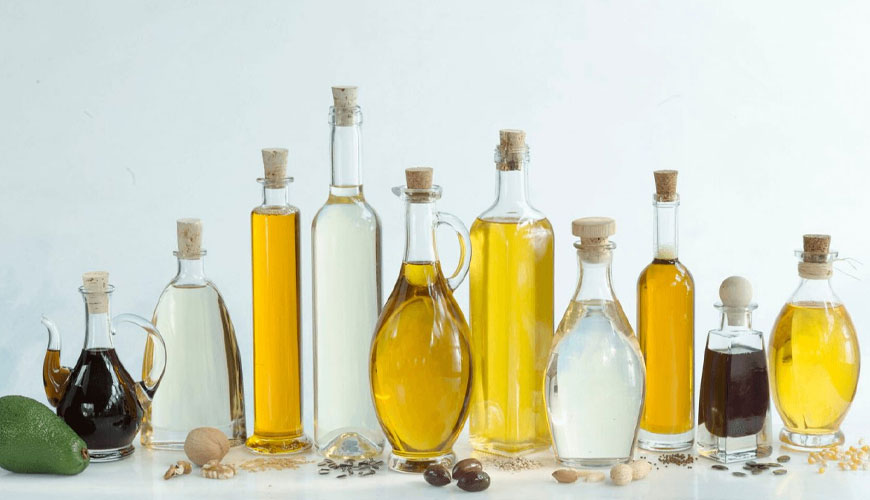

EUROLAB, with its state-of-the-art accredited laboratories and expert team, provides precise and fast testing services within the scope of ISO 12966-4 testing. ISO 12966-4 specifies a method for the determination of fatty acid methyl esters (FAMEs) derived from oils, oils and fatty acids by transesterification or esterification by capillary gas chromatography (GLC). This part of ISO 8, including C24 to C12966 fatty acid methyl esters, saturated fatty acid methyl esters, cis- and trans-monounsaturated fatty acid methyl esters, and cis- and trans-polyunsaturated fatty acid methyl esters can be separated using

The method is applicable to crude, refined, partially hydrogenated or fully hydrogenated fats, oils and fatty acids from animal and vegetable sources. This method is not suitable for analysis of dairy products, ruminant fats and oils, or products fortified with conjugated linoleic acid (CLA). Milk and dairy products (or fats derived from milk and dairy products) are outside the scope of this part of ISO 12966.
Using capillary gas chromatography, FAMEs are separated on a highly polar stationary phase in terms of chain lengths, degrees of unsaturation, and geometry and location of double bonds.
The first sample in an analysis batch will always be an empty FAME dissolution solvent. No peaks will be detected in this idle run.
Column performance is controlled using a suitable blend of fatty acid methyl esters covering the range of fatty acids under consideration. Because commercial GC designs are different and the separation obtained is not the same as the sample chromatograms, minor changes in sample size, sample concentration, or oven temperature may be required. If so, adjust sample size, sample concentration or oven temperature until best separation results are achieved. If the column furnace temperature needs to be adjusted, it should be adjusted in small increments, preferably in 1°C steps.
EUROLAB assists manufacturers with ISO 12966-4 test compliance. Our test experts, with their professional working mission and principles, provide you, our manufacturers and suppliers, the best service and controlled testing process in our laboratories. Thanks to these services, businesses receive more effective, high-performance and quality testing services and provide safe, fast and uninterrupted service to their customers.
To get an appointment, to get more detailed information or to request an evaluation, you can ask us to fill in our form and reach you.